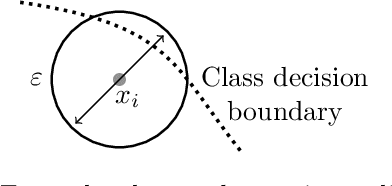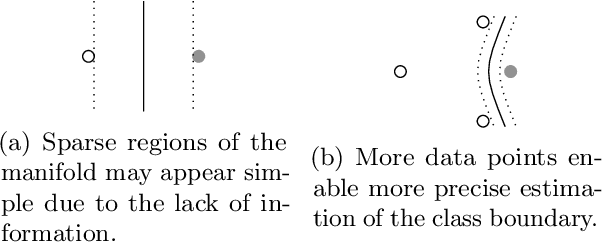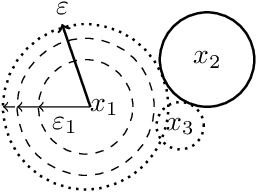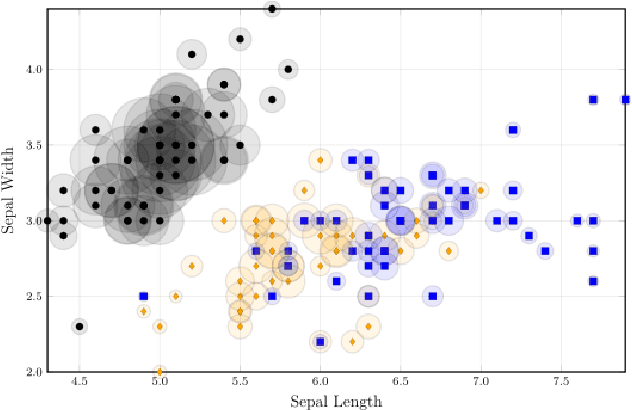Arno Pauly
A Computability Perspective on (Verified) Machine Learning
Feb 12, 2021Abstract:There is a strong consensus that combining the versatility of machine learning with the assurances given by formal verification is highly desirable. It is much less clear what verified machine learning should mean exactly. We consider this question from the (unexpected?) perspective of computable analysis. This allows us to define the computational tasks underlying verified ML in a model-agnostic way, and show that they are in principle computable.
Adaptive Neighbourhoods for the Discovery of Adversarial Examples
Jan 22, 2021



Abstract:Deep Neural Networks (DNNs) have often supplied state-of-the-art results in pattern recognition tasks. Despite their advances, however, the existence of adversarial examples have caught the attention of the community. Many existing works have proposed methods for searching for adversarial examples within fixed-sized regions around training points. Our work complements and improves these existing approaches by adapting the size of these regions based on the problem complexity and data sampling density. This makes such approaches more appropriate for other types of data and may further improve adversarial training methods by increasing the region sizes without creating incorrect labels.
 Add to Chrome
Add to Chrome Add to Firefox
Add to Firefox Add to Edge
Add to Edge